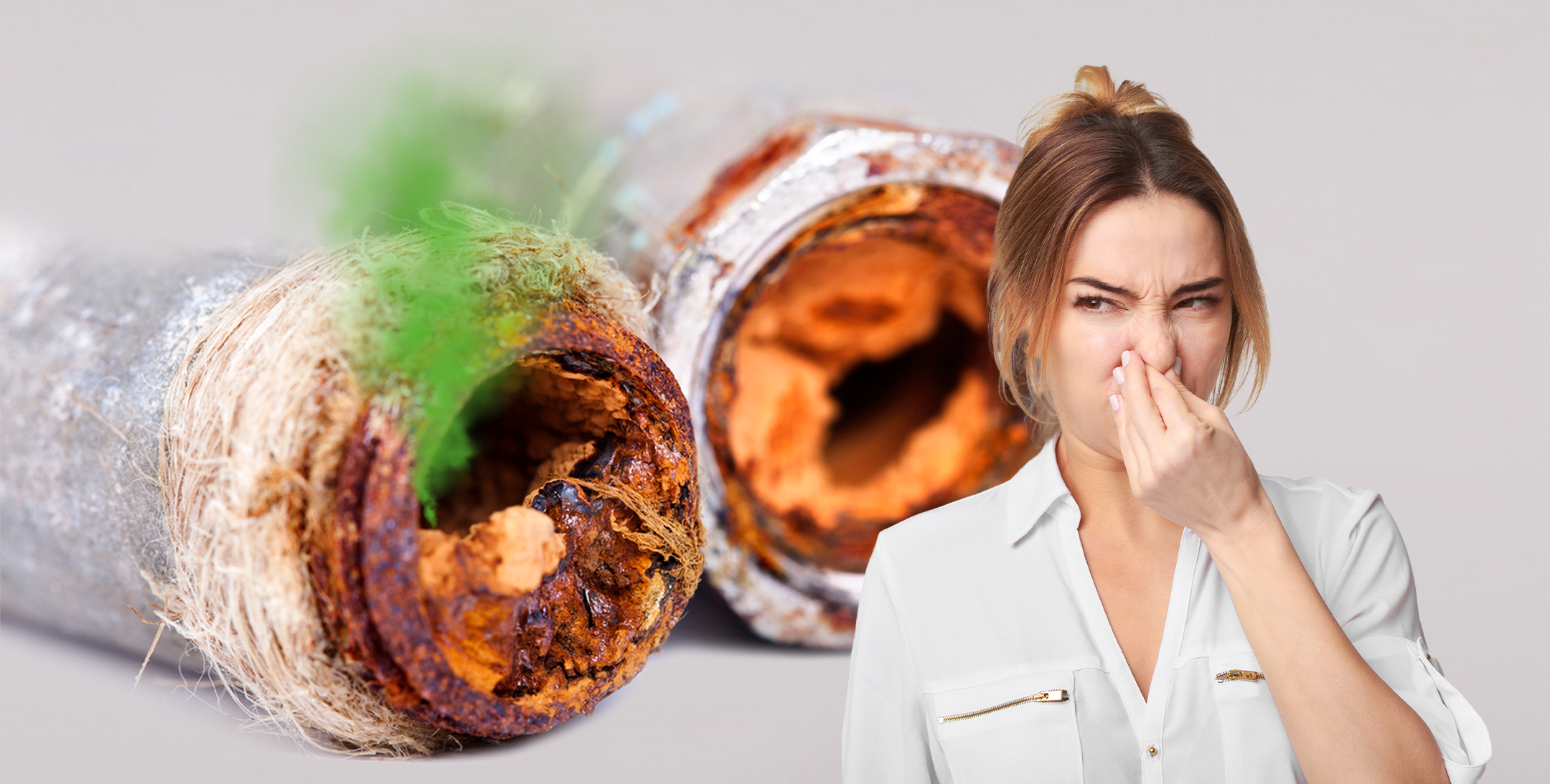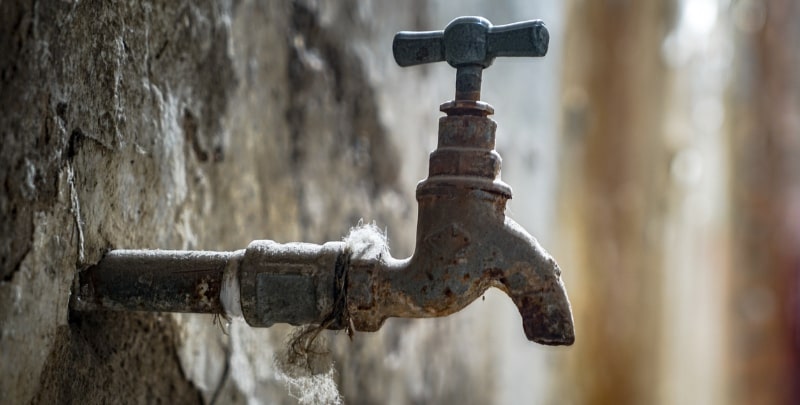
Should You Worry About Unused Plumbing?
It’s rare for plumbing to sit unused for a long time. Most of us barely give it a second thought when we’re away from work or home for an extended period. We’re not so focused on plumbing that’s not used.
Yet a spare bathroom, an empty house on the market or an office impacted by Covid are all locations where plumbing is not used. Although this is fairly harmless, there are a few concerns surrounding health and home plumbing.
Unused plumbing certainly isn’t the end of the world but it may be a hindrance if you don’t manage it correctly. Is plumbing not used dangerous? Not particularly, but this is what you could see if your plumbing is not used regularly.
Sediment in a Hot Water System
If your storage hot water system goes unused for long periods of time then sediment and debris will settle at the bottom. This includes natural minerals such as calcium and magnesium plus debris from a sacrificial anode and internal linings.
Now, these materials are certainly not floating around in high concentrations. It’s just the prolonged usage and a lack of water flow that will help sediment settle. This can affect heating efficiency as a result.
Sediment build up turns into a thickened layer that is essentially an additional barrier above the heating element. Therefore, your water heater has to use more energy to heat water as there’s an extra obstacle to get through. An unused hot water heater could impact your energy bills with increases of up to 5% or so.
If a storage tank hot water system is not used frequently, the best way to remove sediment and debris is by flushing the system. It’s best to contact a licensed plumber when flushing a hot water heater as it could easily go wrong if performed incorrectly.
Meanwhile, to keep a storage tank healthy while you’re away from home, have someone run hot water at least once a week.
Bacteria in the Water Supply
Studies have shown that bacteria can develop quickly in stagnant water located inside plumbing. Thankfully much of the microbial life in potable water is harmless. However, there are some bacteria you should be wary of.
Most of the bacteria that develops when plumbing is not used lives near the tap or outlet. Bacteria concentration levels decrease as the distance between the tap and pipe location increases.
It’s also rare to encounter harmful bacteria like legionnaires inside your regular plumbing. This type of bacteria grows in warm water conditions such as a lukewarm hot water system, rather than standard pipework.
Still, if you’re concerned about encountering bacteria in large numbers you just have to run the tap for 30 seconds before using the water yourself. Your water may come out discoloured due to mineral or metal build-up anyway, so it’s good to flush the system before drinking.
And if you don’t like wasting water, capture this initial flush-out in a bucket and use it in the garden. In-built tap filters are also a handy addition to maintaining a healthy water supply.

Sewer Gases Rise Up
An unused bathroom is likely to be home to some off-putting toilet and drain odours. Drains are designed to retain some water as protection against sewer gases.
However, if your sink or shower drain is unused, that water will evaporate. It can also be siphoned out from a poorly designed P-Trap. Sewer gases will then seep into the home via the pipework, taking full advantage of the lack or internal barrier. Small insects known as sewer or drain flies also become more prominent with clear access from household sewerage pipes.
To keep your bathroom and home smelling fresh, make sure you run taps in rarely used bathrooms or wet areas. You might have to do this more frequently in summer, too. This will help you keep the drains clean while maintaining a healthy water barrier against noxious odours.
Frozen Pipes Burst
Although it’s rare to see frozen pipes in many parts of Australia, there are some colder climates where unused pipes can get frosty. In fact, it’s common in locations such as Canberra, inland NSW and Tasmania for pipes to freeze overnight and burst.
Therefore, you don’t want to leave your plumbing unattended if you head off in the middle of winter. You could easily come home to a nightmare.
When water freezes, it expands. Constant expansion and contraction will put pressure on your unused plumbing, creating weaknesses. One false move – or one incredibly frosty night – and BAM! There goes the pipe.
To prevent water from severely freezing you want to keep it running. That’s why a dripping tap is actually a good thing as it keeps the water flowing just slightly. Of course, be sure to catch the water for reuse so there’s no waste.
Alternatively, also look at insulating your external plumbing with cladding. This will keep it warm and safe while it’s not used.
Should You Be Worried About Unused Plumbing?
With risks such as frozen pipes or bacteria growth on the horizon, should you be worried when plumbing is not used?
Yes, but not too much. Your plumbing pipes and plumbing fixtures will survive when you’re away from home. The bigger concern is making sure everything is cleaned out thoroughly if it’s been unused for months.
If your plumbing has not been used for some time, the first step is to always flush out the pipes. Let the taps run for a while to make sure the water is clear. Get rid of all the sediment and bacteria near the outlet. Everything should be ready for drinking, cooking or washing!
However, if your water remains contaminated, contact Mr Emergency. We’ll send someone out for a thorough plumbing inspection, and to help you avoid any plumbing emergencies. We can safely flush out your hot water tank or replace any aged and damaged pipes that could be impacting your water supply.
Your plumbing will be good as new.
Please note: This information is provided for advice purposes only. Regulations differ from state to state, so please consult your local authorities or an industry professional before proceeding with any work. See our Terms & Conditions here.


